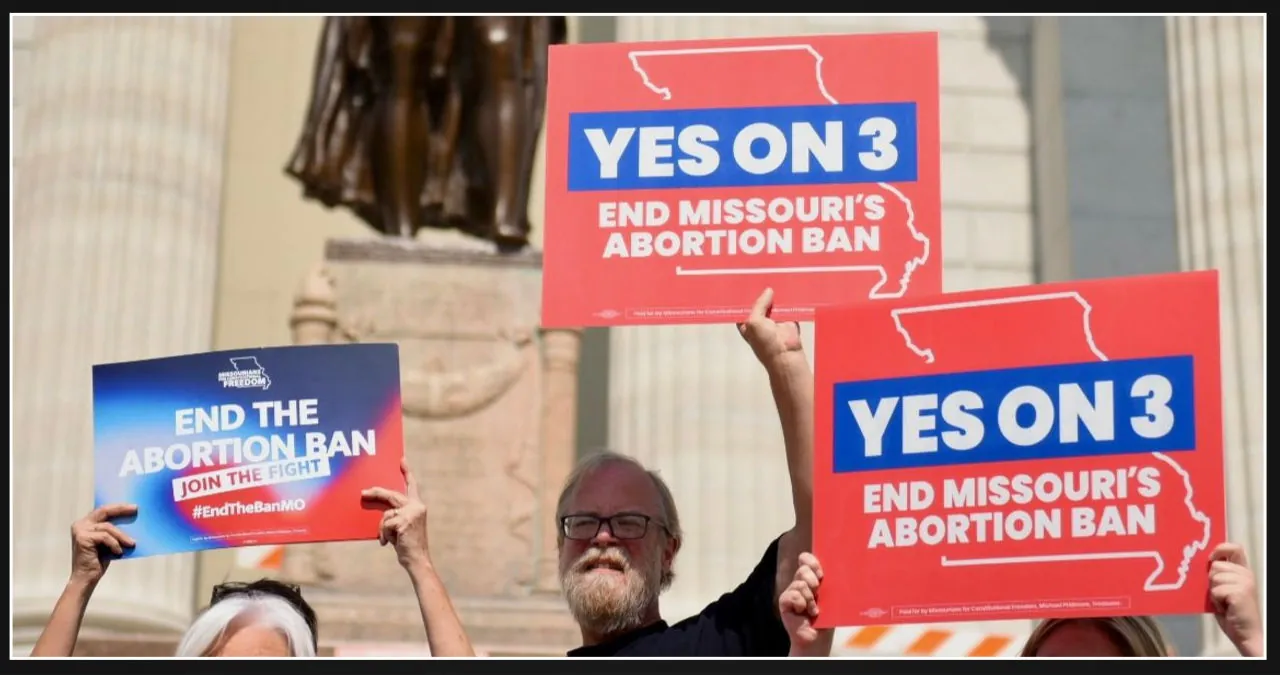Immigration advocates are regrouping following a recent ruling that halted the expansion of healthcare access for more than 4,000 individuals in Kansas who were brought to the country illegally as children.
A coalition of 19 states, led by Republican Kansas Attorney General Kris Kobach, has effectively challenged a rule that aimed to expand healthcare coverage options for individuals in the Deferred Action for Childhood Arrivals (DACA) program. The rule intended to provide DACA recipients with access to healthcare plans available in the marketplace under the Affordable Care Act.
People who rely on outreach organizations and emergency rooms for healthcare are now left without any other options due to this decision.
Prior to the ruling, the nonprofit organization El Centro had been assisting clients in Kansas City, Kansas, with enrolling in insurance plans under the Affordable Care Act, in anticipation of the upcoming rule change.
According to Justin Gust, El Centro’s vice president of community engagement, they have been informing individuals that their coverage has been temporarily halted due to a recent decision by a North Dakota judge.
“We are currently in the process of revising our communications and messages to ensure that we do not give false hope,” he stated.
Gust mentioned that his organization has been advocating for years to introduce new alternatives for DACA recipients, who are commonly referred to as “Dreamers.” These individuals arrived in the United States as children and have resided here ever since.
Over 500,000 individuals are currently benefiting from DACA, which grants them temporary work permits and protects them from deportation. These individuals play a vital role in our economy, contributing approximately $6.2 billion in federal taxes and $3.3 billion in state taxes annually. Despite these contributions, it is important to note that DACA recipients do not have access to essential services such as Medicaid and food stamps, contrary to common misconceptions.
Gust expressed his concern about people who are investing in the system but not getting any returns.
The plaintiffs in the case put forward their argument and the judge concurred that the expansion of access to DACA recipients would result in “irreparable harm” to states that would be obligated to provide public benefits.
In a press release issued after the ruling, Attorney General Kobach expressed his view that this decision is a significant victory for the rule of law.
Immigrant rights groups are arguing that the current fragmented health care options for DACA recipients are causing inefficiencies and ultimately resulting in a financial burden on taxpayers. This is ironic, as critics initially sought to exclude DACA recipients from the federal marketplace to avoid such costs.
Many individuals obtain health insurance through their employer or their spouse’s employer. A small percentage of people who can afford it opt for private health insurance.
Those who are still uninsured depend on community health clinics to bridge the healthcare divide. Federally Qualified Health Centers provide primary care services based on a sliding income scale.
Health clinics play a crucial role in providing essential services for individuals with minor illnesses and chronic conditions. However, due to the high volume of patients they receive, these clinics often face overwhelming demands and are unable to accommodate surgical procedures or specialized treatments.
According to Gust, many individuals are unable to afford the necessary surgeries or procedures they require. As a result, they often postpone seeking medical care until their condition worsens or becomes an emergency. Gust emphasizes that when these individuals finally arrive at the hospital, their situation becomes a matter of life and death.
Hospitals bear a portion of the cost when uninsured patients seek emergency care that they cannot afford. They receive reimbursements from a combination of local, state, and federal taxes.
Hospitals in Kansas spent $441.2 million on uncompensated care in 2018, according to the Kansas Hospital Association. This amount includes care provided to all individuals, not just immigrants without permanent legal status.
Gust emphasized that by not providing federally subsidized health care as a coverage option, the state is further burdening its responsibility.
According to Micah Kubic, executive director of the Kansas American Civil Liberties Union, this ruling is just a small step in what he believes will be a long and ongoing court battle regarding this issue.
In the face of this setback, immigrant rights organizations are redoubling their efforts to assist immigrants in understanding and accessing the available healthcare options.
Itzel Vargas-Valenzuela, program director at Advocates for Immigrant Rights and Reconciliation in Kansas City, Kansas, believes that continuous education is crucial.
She emphasized the importance of not just instructing people but also guiding them through the process and demonstrating it firsthand.
Her organization provides recommendations to immigrants in need of medical assistance and assists families with both documented and undocumented members in understanding the healthcare options available to them. In addition, they strive to build trust within a community that may be skeptical of social services, encouraging individuals to seek preventive care even in the absence of insurance coverage.
According to her, it would be easier to make those efforts if immigrants who reside and work legally in the United States are able to receive health insurance subsidies that they contribute to.
“People will persist in blaming the immigrant who seeks care,” she stated, “rather than the individuals who are profiting from our system.”
Zane Irwin is a journalist who covers politics, campaigns, and elections for the Kansas News Service. If you have any questions or information to share, feel free to reach out to him via email at [email protected].
The Kansas News Service is a collaborative effort between KCUR, Kansas Public Radio, KMUW, and High Plains Public Radio. Our primary focus is on health, exploring the social determinants of health and their relationship to public policy.







